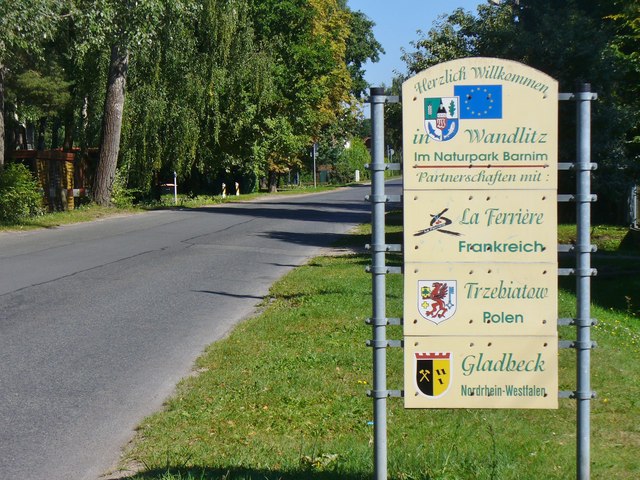
An 85-year-old German woman and her son have been ordered to vacate a lakeside home in Wandlitz, near Berlin, following a court ruling that deemed the property to have been sold under
duress by its Jewish owners in 1939. The decision concludes a decade-long legal battle and marks one of the last cases involving restitution for property looted during the Holocaust.
Historical Background
The property in question was originally owned by Alice Donat and Helene Lindenbaum, two Jewish women who operated a summer retreat for orphaned children in the 1930s. Under Nazi laws designed to expropriate Jewish wealth, the women were forced to sell the property in 1939 for a fraction of its value to Felix Moegelin. As part of the transaction, Moegelin declared himself "Aryan," while the women were compelled to identify themselves as Jewish under the Nuremberg Laws.
In 1943, Donat and Lindenbaum were deported by the Nazis and ultimately murdered. The original structure on the property was demolished and replaced, and Moegelin’s family continued to live there. Today, the property is valued at approximately $1.6 million.
Court Ruling
The court ruled that Gabriele Lieske, Moegelin’s granddaughter, and her son Thomas must relinquish the property. This decision upholds German laws that nullify transactions where Jewish owners were coerced into selling their assets during the Nazi era. The property will be transferred to the Conference on Jewish Material Claims Against Germany, which represents unclaimed Jewish assets.
The Claims Conference has offered to allow Lieske to remain in the home as a tenant for the rest of her life, though this arrangement has yet to be finalized.
A Symbol of Historical Reckoning
The case has drawn significant attention in Germany, underscoring lingering tensions over the country’s efforts to atone for the Holocaust. While some sympathize with the Lieske family, others emphasize the need to honor justice for the original victims.
“This is not about punishment; it’s about rectifying historical wrongs,” said Gideon Taylor, president of the Claims Conference. He emphasized that German law is clear: property taken under duress during the Holocaust cannot be passed down to heirs of those who benefited from the dispossession.
Complex Family History
The Lieske family has argued that they are not responsible for the circumstances under which their forebears acquired the property. They point to their family’s efforts to shelter Jewish relatives during the war. However, the court found that these actions, while commendable, were not relevant to the legal validity of the 1939 transaction.
Legacy of Restitution
Germany has resolved thousands of restitution claims since the end of World War II, but the Wandlitz case represents one of the last of its kind. Legal hurdles and the passage of time have made it increasingly difficult for claimants to pursue justice.
Lawyer Olaf Ossmann, who has handled thousands of restitution cases, noted the emotional toll these cases take. “For many families, the process is overwhelming,” he said. “Even when justice is served, the compensation can never truly make up for what was lost.”
Broader Implications
The proceeds from the sale of unclaimed Jewish property are used to support Holocaust survivors. Today, an estimated 245,000 survivors remain worldwide, many of whom rely on assistance for basic needs.
“This case is a reminder of the importance of upholding justice, even decades later,” said Taylor. “It’s not just about legal principles; it’s about acknowledging the humanity of those who suffered and ensuring their legacy is respected.”
While the Lieske family’s future remains uncertain, the court’s decision reinforces the enduring importance of addressing the atrocities of the past. As commentator Gunnar Schupelius noted, “What happened is what happened. It is our responsibility to care for survivors and honor their descendants. That is only fair.” Photo by Colin Smith, Wikimedia commons.



































